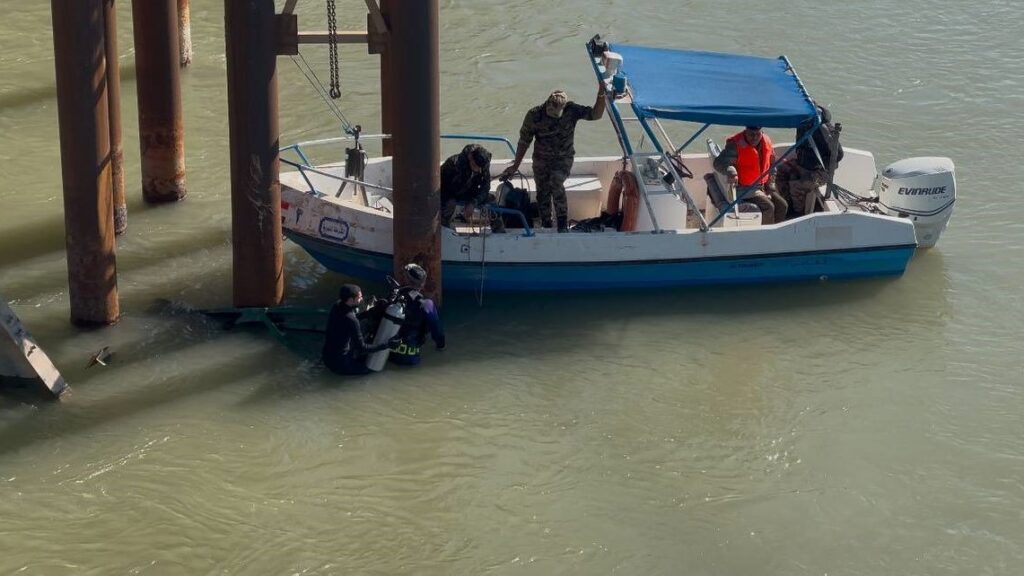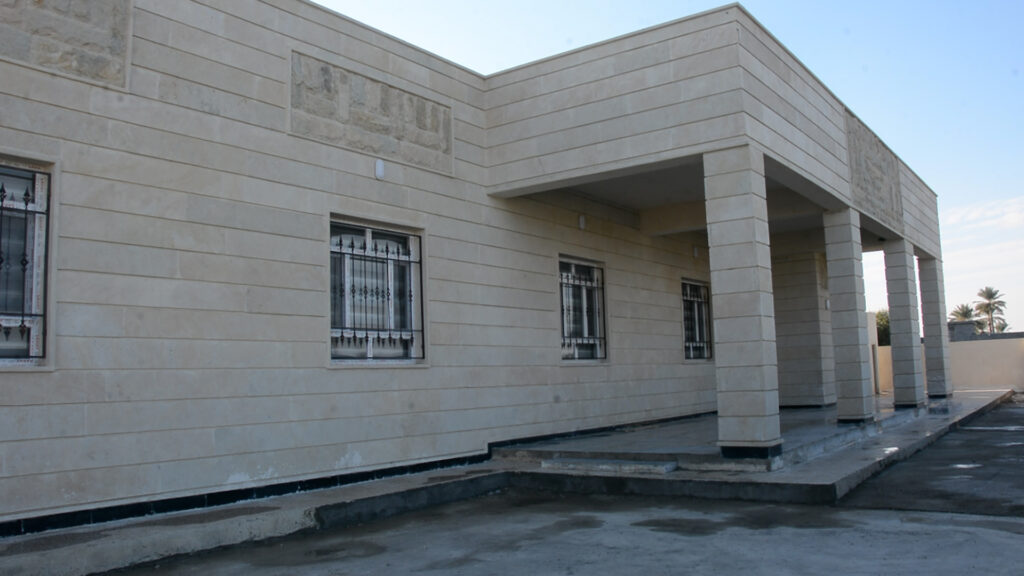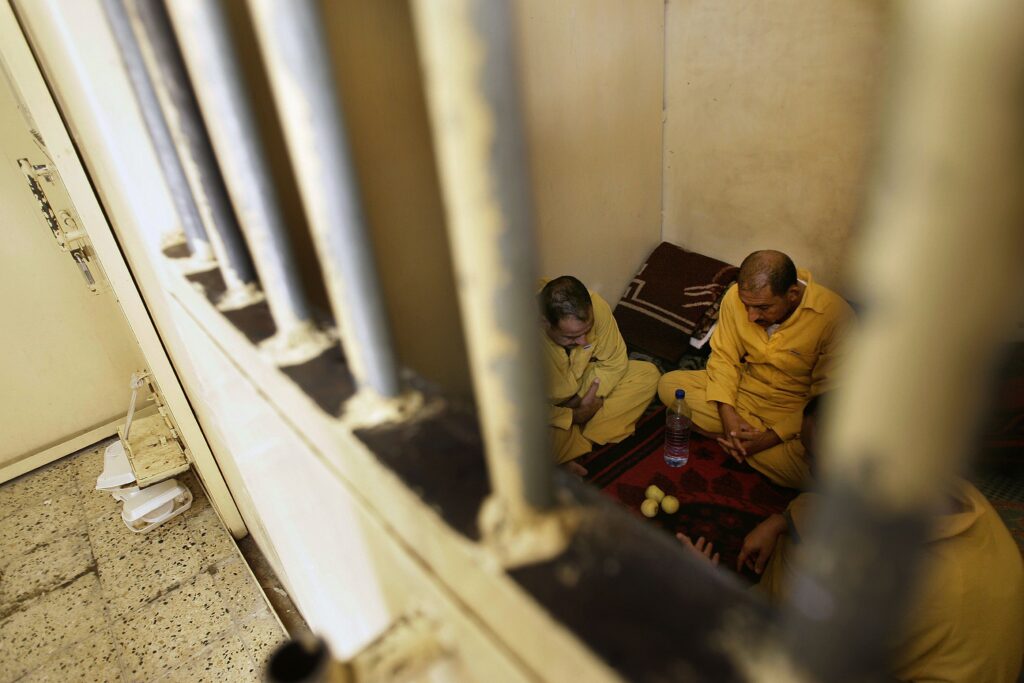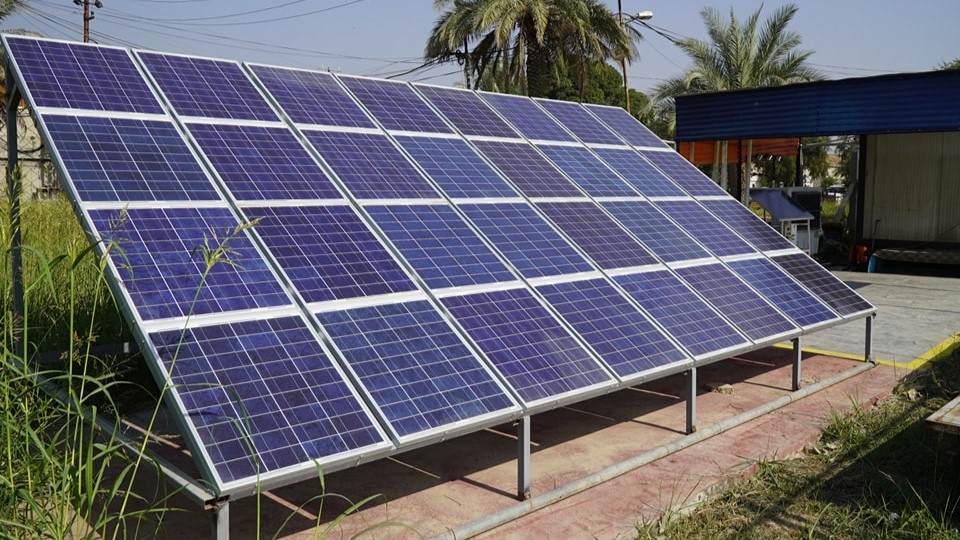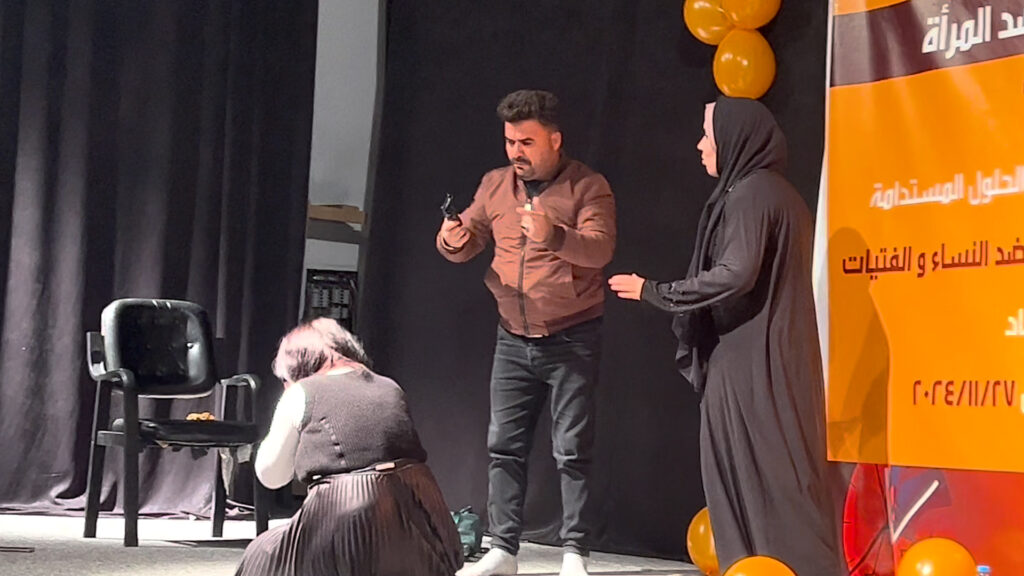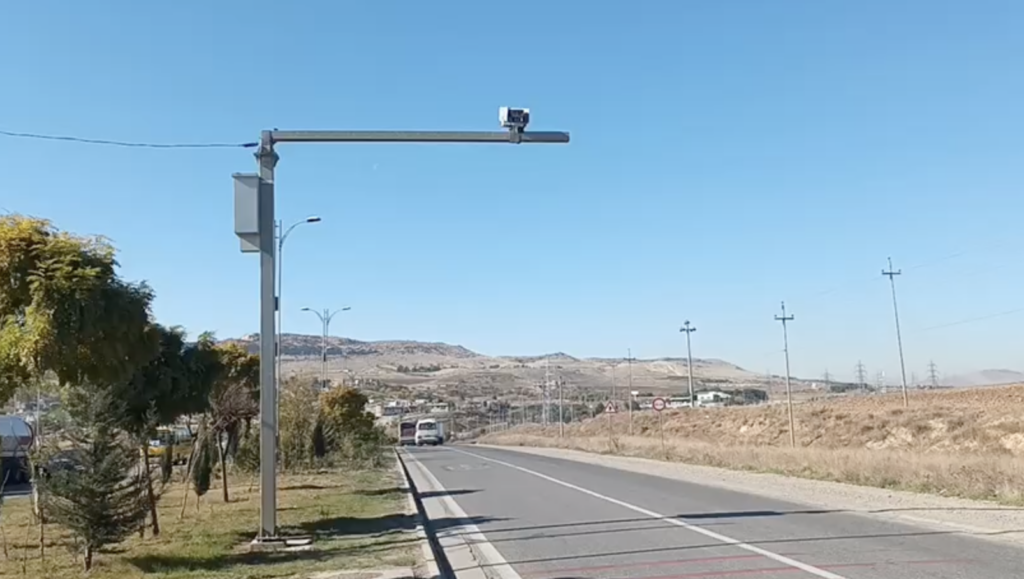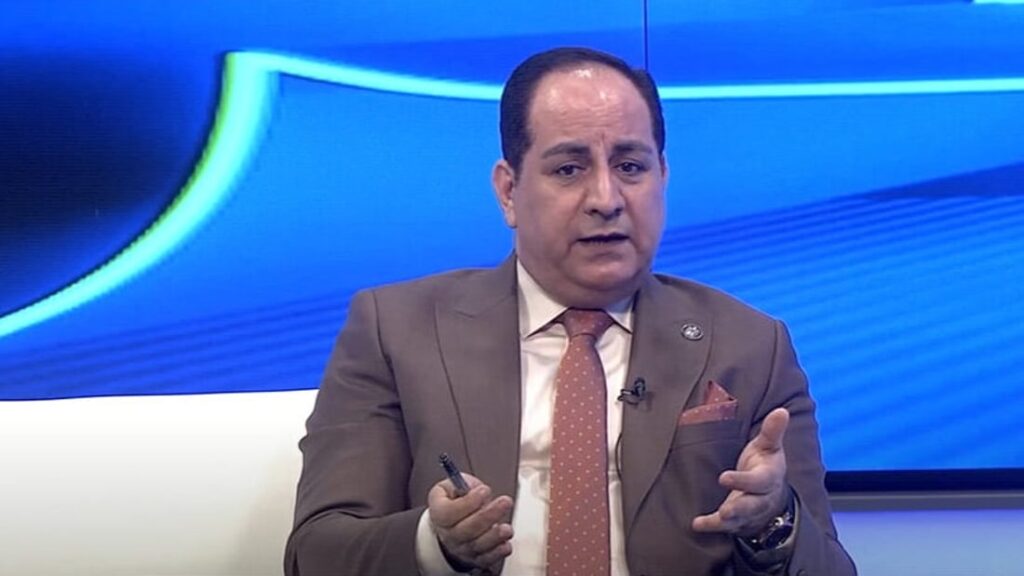Iraq: UNHCR Iraq Protection Update - May 2019
Highlights
- Approximately 1,400 families across Iraq departed from camps, and almost 300 arrived in camps in May 2019. Security concerns, contamination of explosive hazards, destruction of houses, inability to pay rent, lack of livelihood opportunities and basic services are frequently cited as reasons hindering IDPs’ return to their areas of origin.
- Security incidents occurred in Anbar, Diyala, Kirkuk, Ninewa and Salah al-Din resulting in casualties and destruction of crops.
- IDPs residing in camps and informal settlements in Salah al-Din and Sulaymaniyah Governorates are concerned over the coming closure of camps and settlements.
- UNHCR and partners supported the Ministry of Interior’s Mobile Civil Documentation Project in Baharka and Harshem IDP camps in Erbil Governorate. A total of 890 Civil Status IDs and 339 Nationality Certificates were issued to IDPs.
Security Concerns in Areas of Origin
Security incidents were reported throughout the month in Anbar, Diyala, Kirkuk, Ninewa and Salah al-Din Governorates, resulting in the intensification of security measures and impacted upon IDPs’ intention to return. In Anbar Governorate, security incidents occurred in Al-Rutbah, Al-Qaim and other areas in west Anbar, resulting in intensified military search operations along the Iraqi-Syrian border. In Diyala, in mid-May, extremists reportedly attacked three villages in Khanaqeen District resulting in four deaths and four injuries. During the attack, extremists allegedly burned the wheat farms in the area. In Kirkuk Governorate, asymmetric attacks against government forces frequently occurred in the southwest areas. On 10 May, extremists allegedly attacked a police checkpoint in Riyadh District resulting in the death of one police officer and serious injuries to two others. On the same day, extremists reportedly used IEDs to explode a high-voltage tower in Hawija District, resulting in a power outage in the area. On 19 May, extremists reportedly set fire to the fields of wheat and barley in villages in Dibbis District. Residents in the villages reported that, a few days before the attack, they refused to pay religious tax to extremists. On 22 May, extremists reportedly set fire to wheat farms in Daquq District, which burnt 250 acres of farmland and maimed two individuals who stepped on IEDs while attempting to extinguish the fire. On 30 May, a similar incident occurred in Daquq District where unknown perpetrators set fire to 300 acres of farmland, resulting in the death of one civilian and injuries to seven others. In Ninewa Governorate, attacks using vehicle-borne improvised explosive devices (motorcycles) occurred in Mosul City on 5 and 18 May. A number of extremist attacks using IEDs were also reported in Baaj, Hamadaniya and Tel Afar Districts. In Salah al-Din Governorate, extremists continue to carry out attacks in the retaken areas, jeopardizing the safety of returnees and affecting the sustainability of returns. On 8 May, extremists allegedly attacked a family who had returned to a village in Yathrib Sub-District in Balad District, killing three and injuring four others. During the month, security actors and extremists allegedly burned hundreds of acres of wheat and barley in Balad and Shirqat Districts.

